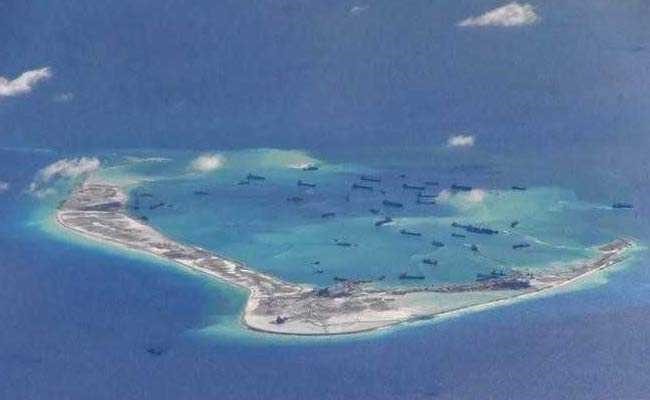
| Translate This News In |
|---|
When an Australian Defence Force jet crew was intercepted over the South China Sea late last month, Australia accused the Chinese military of putting their lives in jeopardy.
A Chinese strike jet intercepted an Australian P-8 surveillance craft on May 26, flying close and firing flares before accelerating and cutting in front of the plane, according to Defence Minister Richard Marles.
“At that point, [the Chinese jet] launched a bundle of chaff containing small particles of aluminium, some of which were absorbed by the P-8 aircraft’s engine,” Marles said to the media on Sunday.
“Obviously, this is really risky.”
The crew was unharmed and was able to return to their base, according to Marles, although Australia had expressed its concerns to Beijing, marking the country’s first contact with the Chinese military since taking power on May 21.
Despite a 2016 Hague judgement dismissing Beijing’s historic claims, Prime Minister Anthony Albanese claimed it was not unusual for Australia to conduct surveillance in the South China Sea.
The United States and its allies, who demand freedom of navigation in the area, are irritated by China’s stance.
Australia had operated “in conformity with international law, exercising the right to freedom of navigation and overflight in international waters and airspace,” Albanese added.
This comes only three months after Australia accused China of beaming a military-grade laser at one of its defence planes over waters north of Australia.
The incident was dubbed “an act of intimidation” by the former Australian government, which said it posed a risk to people’s lives.
Chinese pilots acted unprofessionally during recent interactions with Canadian planes in international airspace, according to the Canadian military, which made a similar charge earlier this month.
The Canadian planes, which are in Japan as part of a global operation to implement UN sanctions against North Korea, had to change their flight route swiftly to avoid colliding with the intercepting planes, according to the report.

















